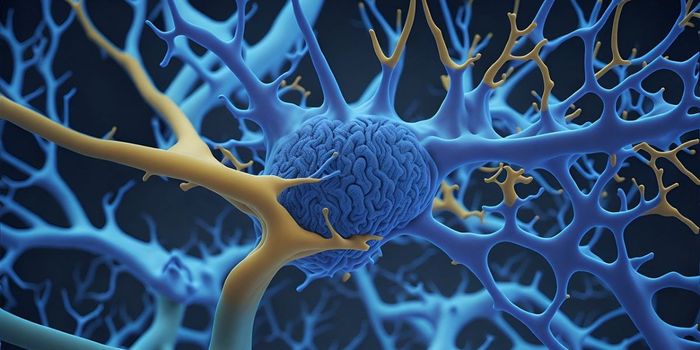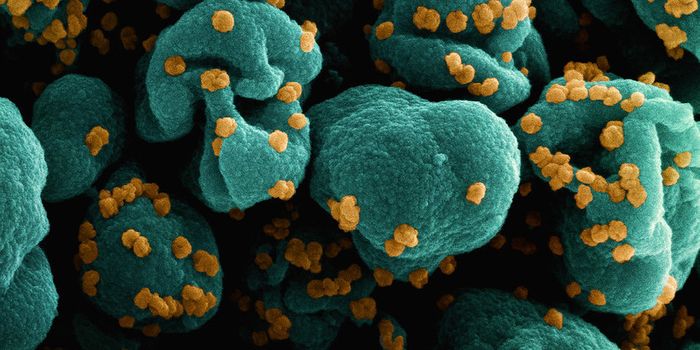Quitting Methamphetamine Abuse Can Reverse Heart Damage
It’s possible to reverse the damaging effects of methamphetamine abuse on the heart by quitting the drug when it’s accompanied with some medical treatment. In a study from the American College of Cardiology, researchers are interested in showing how drug abuse cessation can help people avoid both short-term and long-term “cardiovascular consequences.”
Methamphetamines are among some of the most commonly used drugs worldwide. Past research links their use to heart problems, and the present study is one of the first to provide evidence that these heart conditions can be reversed.
“Methamphetamine associated cardiac myopathy will become a growing cause of heart failure in young adults," explained Norman Mangner, MD, senior author of the study. "Due to the chance to recover cardiac function and symptoms at an early stage of the disease, early detection of heart problems in patients with methamphetamine abuse could prevent further deterioration of the cardiomyopathy."
In a study of 30 people currently abusing methamphetamines at the start of the experiment, researchers began to show how quitting the drug could reverse some heart damage. All of the study participants showed evidence of heart failure, specifically a left ventricular ejection fraction of less than 40 percent. Also, a large majority had trouble breathing, and one-third showed signs of intracardiac blood clots.
Along with quitting the abuse of methamphetamines, the experimental group of drug abusers received certain medical treatments: automatic implantable cardioverter-defribillator and other “supportive measures and guideline-supported medical therapy.”
Results from quitting drug use and following drug therapy guidelines included: improved cardiac function, lower incidence of non-fatal stroke and rehospitalization for heart failure.
"Rather than simply placing patients with suspected methamphetamine associated cardiomyopathy on a cocktail of neurohormonal blockade, the majority of focus should be on helping such patients quit," said James L. Januzzi, MD, of the study in an editorial.
The present study was published in JACC: Heart Failure.
Source: American College of Cardiology









